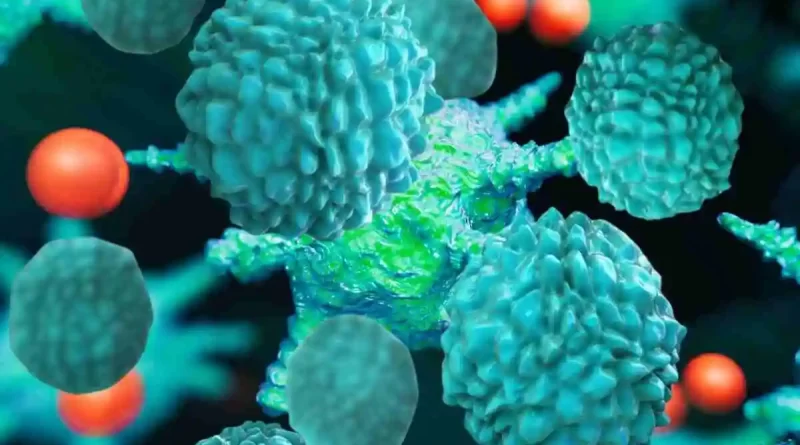Battling Norovirus Onslaught in the Northeast
A highly contagious disease, norovirus, is currently gripping the northeastern area and forcing the schools to close. The symptoms that the residents of these areas are experiencing are severe, including intense diarrhea. According to Dr. Alfred Sacchetti from Virtua Our Lady of Lourdes Hospital in Camden, NJ, even ingesting a single particle of the norovirus can lead to illness.
Recent data from the U.S. The Northeast, in particular Pennsylvania, New Jersey, and New York, is seeing the greatest positivity rate for this extremely aggressive strain, according to the Centers for Disease Control and Prevention. At the beginning of February, a staggering 14% of swab tests in the region returned positive for the gastrointestinal ailment, up from 12% two weeks earlier and just 4% in November.
Residents in the affected areas are reporting widespread cases, with households, daycares, and schools being particularly hard hit. Jacob Joyner from Cherry Hill, NJ, shared that his 2-year-old and others in his daycare were experiencing stomach issues.
The norovirus is not limited to the Northeast, as the nationwide positivity rate has increased by 3% since November, with 12% of tests now returning positive. Unfortunately, this stomach bug, a leading cause of acute gastroenteritis in the U.S., results in 19 to 21 million cases annually, according to the CDC.
February and March typically see the highest levels of the virus, most likely as a result of people spending more time indoors and interacting with one another. Transmission commonly occurs through ingesting contaminated foods and liquids, touching tainted surfaces, or interacting with infected individuals.
Following infection, patients may have severe diarrhea, vomiting, and stomach pain, which can lead to fluid loss and even dehydration. Symptoms typically manifest within 12 to 48 hours after exposure and can last for three days. Because it just takes a few particles to cause disease and can spread quickly, the norovirus is especially dangerous because it can infect people even weeks after their symptoms go away.
Kids from schools and daycare centers are the most affected, which explains the reason for their closure. Irving Primary School in Middlesex County, NJ, recently closed temporarily due to an outbreak but has since reopened after a thorough cleaning.
Preventing the spread of the norovirus involves practices such as rinsing fruits and vegetables, thoroughly cooking shellfish, and, crucially, washing hands regularly. The best defense against the norovirus is soap and water since, unlike certain other bugs, it is resistant to hand sanitizer.
For those already infected, it is advised to stay home, avoid preparing food for others while sick, and continue these precautions for two days after symptoms subside. Dehydration is the most deadly sign of the sickness that can be prevented by drinking enough water.








